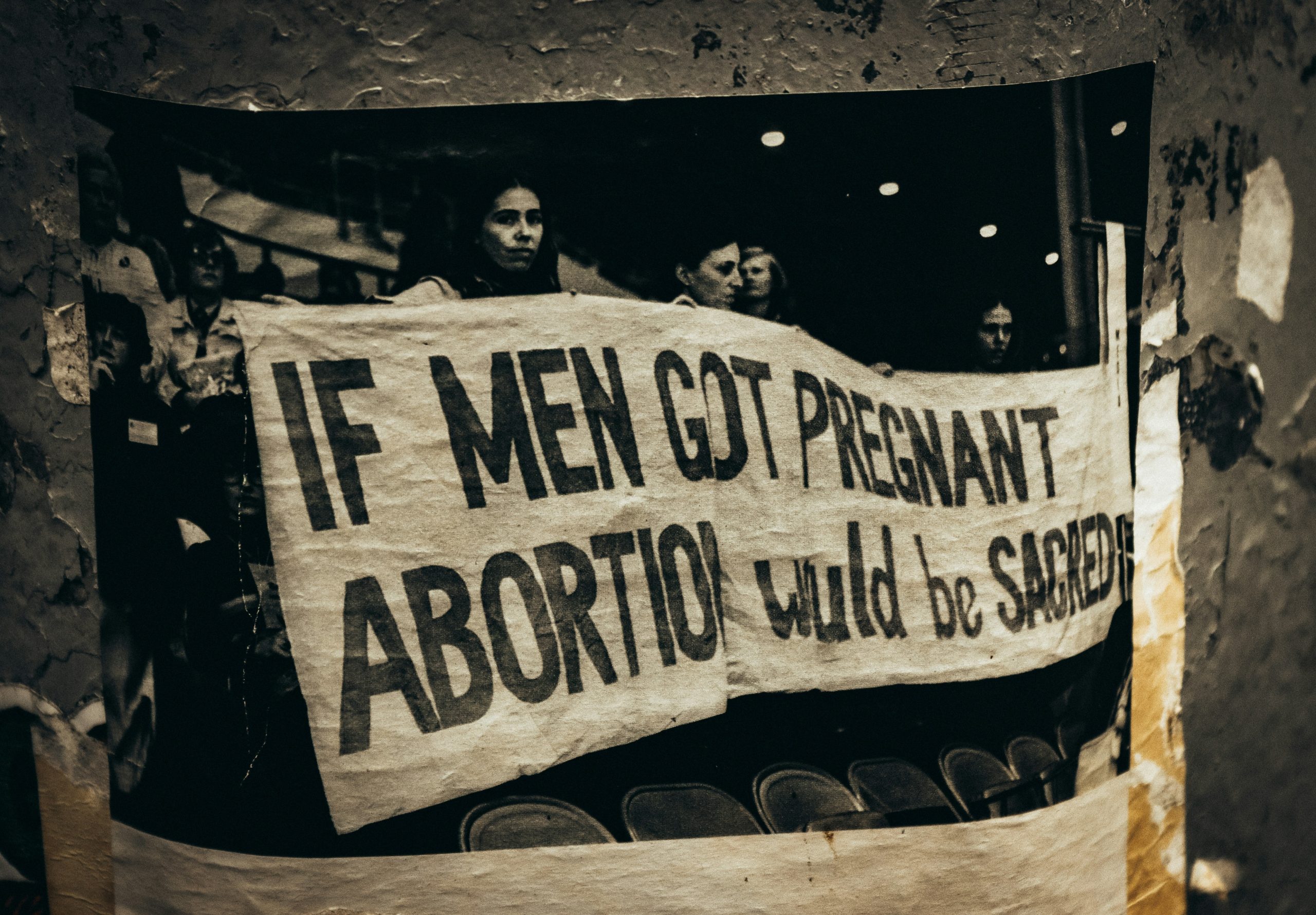Today I learned that abortion became central to Christian evangelical activism after (not before!) the 1973 Supreme Court decision in Roe v. Wade. The rise of the so-called “pro-life” movement was motivated by the Christian Right’s need to rebrand from openly fighting for racial segregation.
In her book, Wild Faith: How the Christian Right is Taking Over America, Talia Lavin writes that throughout the twentieth century, abortion had primarily been a Catholic (and not a Protestant) concern.
Even “future antiabortion firebrands” like James Dobson (may he rest in perpetual torment) and Jerry Falwell “refrained from opining on abortion in the 1970s,” (Lavin 100).1
Lavin writes that “as late as 1976, the Southern Baptist Convention—then and now a central organization in the evangelical landscape—passed a resolution calling for the legalization of abortion” (100, emphasis mine).2 In general, Protestant leadership acknowledged that the Bible did not offer clarity on the practice of abortion.
In the years leading up to and immediately following Roe v. Wade, conservative Evangelicals were incensed by a different issue: what they perceived as federal “overreach” in the enforcement of racial integration. They were particularly furious about the Internal Revenue Service’s attempts to “rescind the tax-exempt status of whites-only” schools, which were often religious schools like Bob Jones University (Balmer).3
But segregationist Evangelicals in the 1970s were encountering a publicity problem: it was hard to build a powerful grassroots political base around an issue—open racial bigotry—that large parts of the population now found retrograde and distasteful.
So, Evangelicals pivoted and struck gold with abortion, an issue that allowed them the appearance of a moral high ground (the defense of the “unborn,”) and license to commit acts of vigilante violence like bombings, arsons, and attempted assassinations, not in defense of white supremacy, but in defense of “life.”
The idea that being “pro-life” is the genesis behind the conservative Christian Right is, as Prof. Randall Balmer puts it, a “myth.”4
The genesis of contemporary Evangelical conservatism wasn’t opposition to abortion; rather, the movement was rooted in white Christian backlash against racial integration.
Abortion provided a timely and more sympathetic front-facing issue for Evangelical conservatives’ continued commitment to white supremacy and their violent opposition to racial justice, equity, and inclusion.
“Today I Learned” is a series I’m writing because of how often I ask our teenager, “So, what’d you learn today?”
Footnotes:
- Lavin, Talia. Wild Faith: How the Christian Right Is Taking Over America. New York: Legacy Lit, 2024. ↩︎
- Lavin, Talia. Wild Faith: How the Christian Right Is Taking Over America. New York: Legacy Lit, 2024. ↩︎
- Balmer, Randall. “The Religious Right and the Abortion Myth.” Politico, May 2022. Accessed 8 September 2025. ↩︎
- Balmer, Randall. “The Religious Right and the Abortion Myth.” Politico, May 2022. Accessed 8 September 2025 ↩︎

Leave a Reply